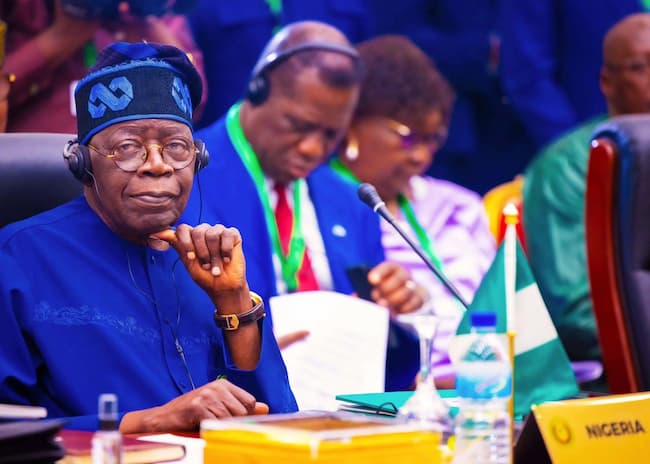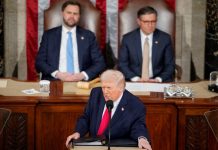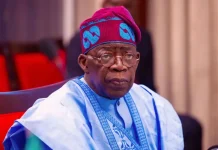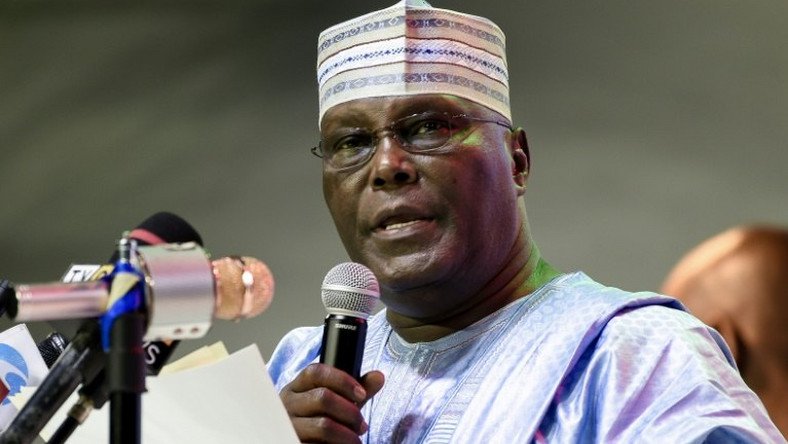Nigeria has formally gazetted and transmitted its ECOWAS Schedule of Tariff Offers for Goods under the African Continental Free Trade Area (AfCFTA) to the AfCFTA Secretariat, signaling a crucial step toward deeper regional economic integration.
This move precedes the 16th Meeting of the Council of Ministers on Trade, which will take place on April 15 in Kinshasa, Democratic Republic of Congo. It marks a major stride in Nigeria’s efforts to advance intra-African commerce and enhance its competitiveness within the continental market.
The newly gazetted schedule paves the way for the implementation of zero duties on 90% of tariff lines under AfCFTA provisions. This initiative positions Nigerian goods to benefit from improved access to regional markets and elevated trade competitiveness.
In addition to meeting Nigeria’s regional trade obligations, the move underscores the country’s strategic ambition to play a leadership role in shaping Africa’s emerging single market.
Presidential Backing and Strategic Vision
Signed into law by President Bola Ahmed Tinubu, the transmission of the ECOWAS tariff schedule is a clear indication of Nigeria’s commitment to fully engage with AfCFTA’s preferential trading framework. The initiative aligns with Nigeria’s broader strategy to stimulate export-led growth, enhance trade balances, and attract increased intra-African investment.
Speaking on the development, the Minister of Industry, Trade, and Investment, Dr. Jumoke Oduwole, emphasized the importance of the step taken. “The gazetting and transmission of the ECOWAS Schedule of Tariffs to the AfCFTA Secretariat signals Nigeria’s readiness for trade under the Agreement,” she stated.
“This milestone enables Nigerian exporters to leverage preferential tariff access across African markets, positioning Nigeria as a key player in regional and global trade,” she added.
Nigeria recorded its first shipment under the AfCFTA framework in July 2024. With the formal gazetting now complete, the country is poised to accelerate its participation in the agreement, opening up fresh opportunities for exporters, manufacturers, and small businesses.
Economic Impacts and Strategic Benefits
The introduction of the ECOWAS Tariff Schedule is expected to usher in a range of significant economic advantages:
- Boosting Trade: With tariffs eliminated on 90% of goods, Nigerian exporters are set to gain a competitive edge across African markets.
- Empowering SMEs: The reduced trade barriers create new regional growth opportunities for small and medium-sized enterprises (SMEs).
- Encouraging Job Creation: The projected increase in exports and investor confidence is expected to translate into job growth and higher foreign and intra-African investment.
- Enhancing Regional Integration: Stronger economic links within ECOWAS and the wider AfCFTA bloc will bolster Nigeria’s influence in shaping regional economic policy.
Phased Tariff Reduction Model
Nigeria’s approach to reducing tariffs under AfCFTA is based on a phased, strategic rollout across a ten-year timeline that began in 2021. By 2025 — marking the fifth year of implementation — Nigeria is expected to have reduced tariffs on trade with Africa’s least developed countries by 50%, applying an annual reduction rate of 10%.
For trade with more developed African countries, Nigeria retains the flexibility to fully eliminate tariffs under AfCFTA immediately, applying an accelerated 20% reduction each year.
This strategy is in alignment with the African Union’s directive issued during the 35th Ordinary Session of the Heads of State and Government held in February 2022, which allows AfCFTA State Parties to begin accepting goods originating from Nigeria under the trade agreement.
The development also builds upon Nigeria’s increasing influence in digital trade. Earlier this year, President Tinubu received commendation for advancing AfCFTA’s digital commerce agenda, highlighting the country’s broader trade leadership on the continent.












